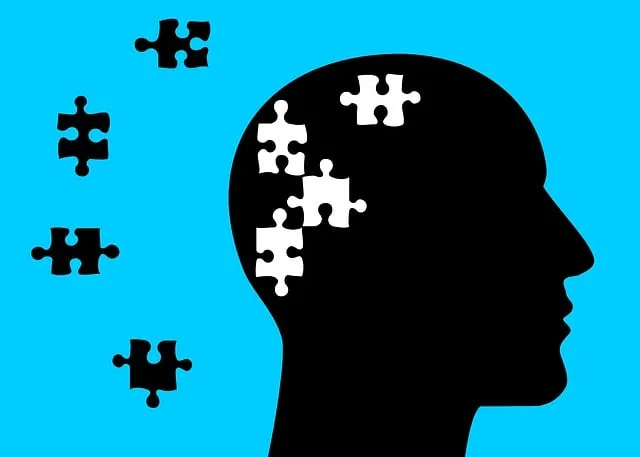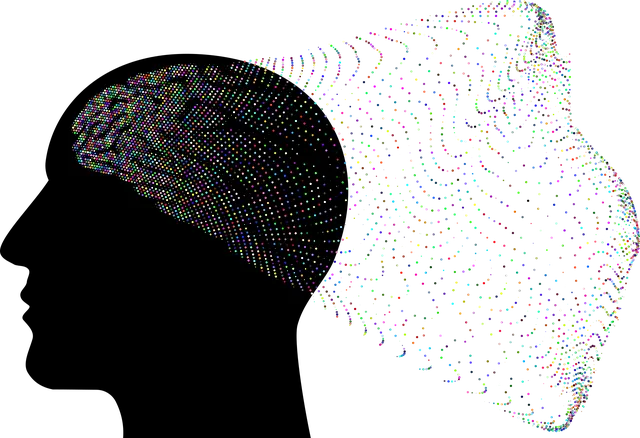Denver Kaiser Permanente transforms mental health care with a unique RFM Analysis framework, identifying at-risk patients and personalizing interventions. They offer innovative tools like journaling and self-awareness exercises to build resilience, stress management skills, and emotional agility. Through cognitive reframing, mindfulness practices, and public campaigns, their services foster inner growth, cultural sensitivity, and holistic well-being, revolutionizing mental health support for all.
“Resilience, a key component of mental well-being, is increasingly recognized as an essential skill to navigate life’s challenges. This article explores RFM (Resource, Factor, and Moment) analysis as a powerful tool for enhancing mental health, drawing insights from the pioneering work of Denver Kaiser Permanente’s resilience training programs. We delve into the science behind resilience, offering practical exercises to build inner strength. By examining these strategies, individuals can foster adaptability and cope effectively, as demonstrated by Denver Kaiser Permanente’s successful mental health services.”
- RFM Analysis: A Powerful Tool for Mental Health
- Denver Kaiser Permanente: Leading the Way in Resilience Training
- Understanding Resilience: Building Inner Strength
- Effective Exercises for Enhancing Mental Resilience
RFM Analysis: A Powerful Tool for Mental Health

RFM Analysis is a powerful tool within the realm of mental health services offered by Denver Kaiser Permanente. It stands for Risk, Frequency, and Motivation, providing a structured framework to understand and support individuals’ resilience and well-being. This approach delves into an individual’s inner strength development by analyzing their behaviors and attitudes towards risk-taking, the frequency of challenging situations they face, and their underlying motivations or drive to overcome these challenges.
By employing RFM Analysis, Denver Kaiser Permanente mental health professionals can identify individuals at risk of burnout or those who may benefit from enhanced confidence boosting strategies. It enables tailored interventions aimed at preventing burnout and promoting resilience in diverse populations. Through this method, the organization ensures that their services cater to the unique needs of each individual, fostering a vibrant tapestry of improved mental health outcomes and empowered individuals within the community.
Denver Kaiser Permanente: Leading the Way in Resilience Training

Denver Kaiser Permanente has emerged as a trailblazer in the field of mental health services, pioneering innovative approaches to resilience building through unique exercises. Their commitment to empowering individuals extends beyond traditional therapy, focusing on proactive strategies for self-care routine development and mental wellness maintenance. By integrating self-awareness exercises into their programs, they encourage patients to delve into their emotions, fostering a deeper understanding of themselves.
One notable initiative is the introduction of mental wellness journaling as an exercise guidance tool. This practice allows individuals to introspect, track their moods, and identify triggers, ultimately promoting better emotional regulation. Through such initiatives, Denver Kaiser Permanente sets a benchmark for holistic mental health care, showcasing how self-care and resilience training can be accessible and impactful tools for enhancing overall well-being.
Understanding Resilience: Building Inner Strength

Resilience is a critical component of overall well-being, enabling individuals to navigate life’s challenges and adapt to change. Understanding resilience involves recognizing the inherent strength within each person. Denver Kaiser Permanente mental health services emphasize this by offering exercises that foster inner growth and emotional agility. Through tailored interventions, clients develop coping mechanisms to manage stress and prevent depression, fostering a sense of empowerment.
The process of building resilience is deeply personal, often requiring individuals to confront their unique experiences and cultural backgrounds. Cultural sensitivity in mental healthcare practice plays a pivotal role here. By acknowledging the diverse needs of patients, therapists create safe spaces where everyone can explore their emotional landscapes. This holistic approach not only enhances stress management but also ensures that the benefits of mental health services are accessible and meaningful to all.
Effective Exercises for Enhancing Mental Resilience

Building mental resilience is a crucial aspect of maintaining good mental health, and Denver Kaiser Permanente mental health services offer a range of effective exercises to help individuals develop this valuable skill. One powerful tool is cognitive reframing, where individuals learn to challenge negative thoughts and replace them with more positive and realistic ones. This technique, often taught through therapy sessions, empowers people to navigate challenging situations with greater ease.
Additionally, mindfulness practices such as meditation and deep breathing exercises play a significant role in enhancing resilience. These techniques encourage individuals to stay present, fostering an awareness that can help them respond to stressors rather than reacting impulsively. Public Awareness Campaigns focused on promoting emotional healing processes can also contribute to the development of inner strength, enabling folks to take charge of their mental well-being and lead more fulfilling lives.
Resilience, a key component of mental well-being, can be cultivated through various exercises and strategies. As demonstrated by Denver Kaiser Permanente’s innovative resilience training programs, RFM (Resource, Strengths, and Factors for Mental Health) analysis provides an effective framework for enhancing mental health. By understanding individual strengths and resources, one can develop tailored resilience-building practices. The articles explored powerful tools and exercises that equip individuals with the inner strength to navigate challenges, ultimately leading to improved mental health outcomes, similar to the successful initiatives at Denver Kaiser Permanente’s mental health services.






